|
The restaurant industry is a community – and those community connections are providing a lifeline for businesses that need support right now. Beyond government stimulus programs, there are new resources coming about on an almost daily basis in an effort to help restaurants manage through the volatility of these months. One new resource to look to for information and basic moral support is the Coronavirus Facebook group, Coronavirus in the Food and Beverage Industry, for people working in the foodservice industry. The food and beverage market intelligence company Winsight formed the group, which had nearly 4,000 members as of this writing. At a time when it can be hard to keep track of quickly changing news and the formation of new groups aiming to provide industry support, the group is a good one-stop shop for information about topics ranging from COVID-19 news, to restaurant technology, to sources of aid for foodservice businesses. Recent posts included information on new restaurant relief funds, sources of interim employment and discussion on how businesses can maximize the Paycheck Protection Program in the Coronavirus Aid, Relief and Economic Security (CARES) Act.
While the news headlines may be gloomy, don’t lose hope – there actually are foodservice operators who are managing to make lemonade from a whole lot of lemons right now. The ones forging a way through these stressful times are getting creative: Wingstop, which is experiencing an uptick in sales right now, is tapping into an oversupply of chicken and offering a free delivery promotion that is driving sales. Farmers Restaurant Group has shifted to a bodega concept that sells meal kits customers can schedule for pickup using OpenTable. Another operation that has nimbly shifted its approach is Front Burner Restaurants, which operates eight restaurant brands in six cities in the southern U.S. At the start of the pandemic, Front Burner had to furlough 4,000 employees, but it quickly shifted gears to create Furlough Kitchen, a non-profit concept that offers one free meal kit a day from its restaurants to hospitality workers who have been furloughed as a result of COVID-19. Through the support of community donations and anticipated federal stimulus funding, the company rehired employees working in its catering operation, as well as some of its hourly employees who take orders, post on social media and carry food out to customers for curbside pickup. Regular customers, suppliers, vendors and others in the community have been generous with donations and other support, and tips are collected into a pool that is distributed on the pay cards of furloughed employees. Furlough Kitchens currently has two locations and expects to open five additional locations from its existing restaurants soon. In a recent Restaurant Business podcast, Front Burner CEO Randy Dewitt said they are currently funded through the next 60 to 90 days. He thinks that finding a way to keep his restaurants open – even if they’re not profiting right now – should help with their eventual recovery. The community goodwill he is building in the meantime won’t hurt.
On March 26, President Trump signed the CARES Act stimulus legislation into law. The law provides support for restaurant and foodservice owners and workers in the form of payroll incentives, employee benefits, emergency grants and tax relief. (The National Restaurant Association provided a summary of the CARES Act’s benefits to the industry. https://restaurant.org/Articles/News/CARES-Act-provisions-whats-in-it-for-restaurants ) But will the benefits go far enough? Chef Tom Colicchio says no – particularly in the case of independent restaurants. Colicchio is founder of Crafted Hospitality and a visible member of the Independent Restaurant Coalition (IRC), a newly formed group that is aiming to help save local restaurants impacted by COVID-19. The CARES Act’s Paycheck Protection Program, a key part of the new law, lets owners of restaurants with fewer than 500 employees apply for a loan of up to $10 million or two and a half months of payroll, whichever is less – and Colicchio said in an interview with Forbes that he thinks it is unlikely the industry will be back on track in that time frame. He is now working with the IRC to advocate for a six-month income replacement program worth $440 billion. Restaurants of any size could benefit on the condition that they continue to fully employ all restaurant staff, as well as pay rent and suppliers to keep money moving through the supply chain. The coalition is aiming to build a strong, united voice that can address lawmakers about what support the restaurant industry needs right now. In addition to providing daily legislative updates, it provides people on its mailing list with a social media toolkit, calls to action that can help operators mobilize their communities and networks, and key messages to use when speaking to the media to help get the word out about what independent restaurants need right now.
|
Subscribe to our newsletterArchives
April 2024
Categories
All
|

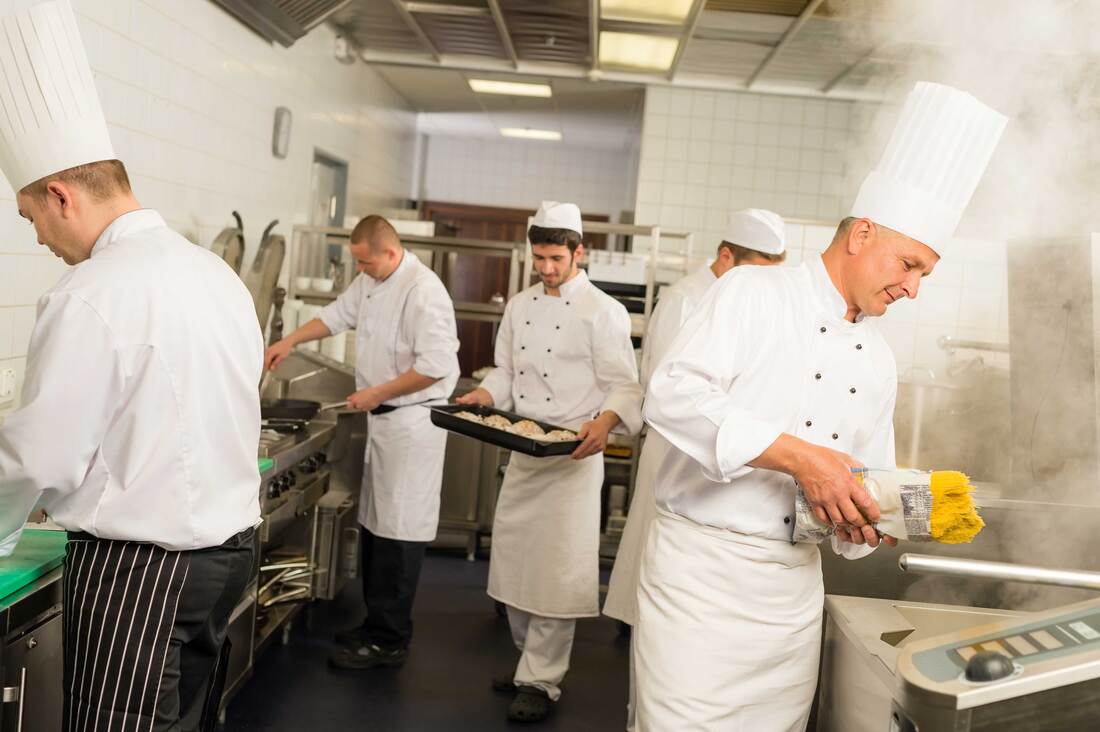

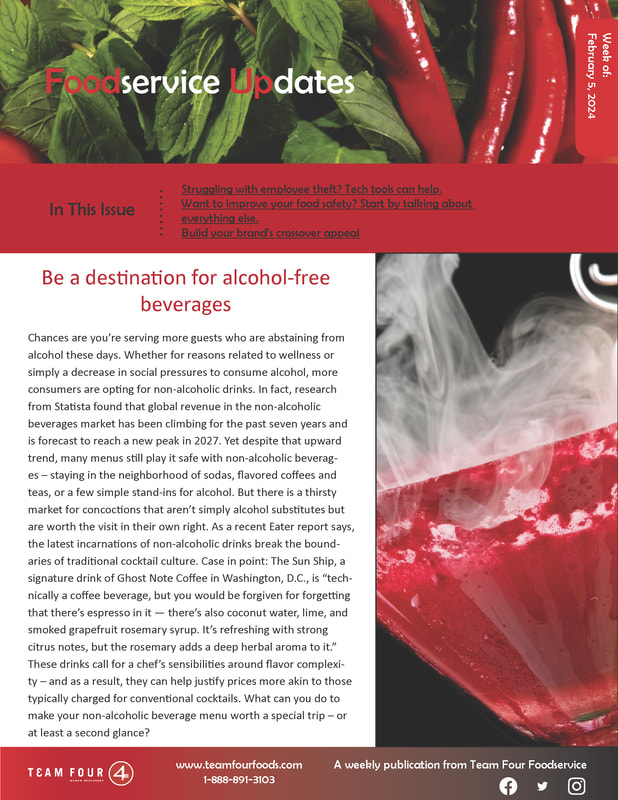
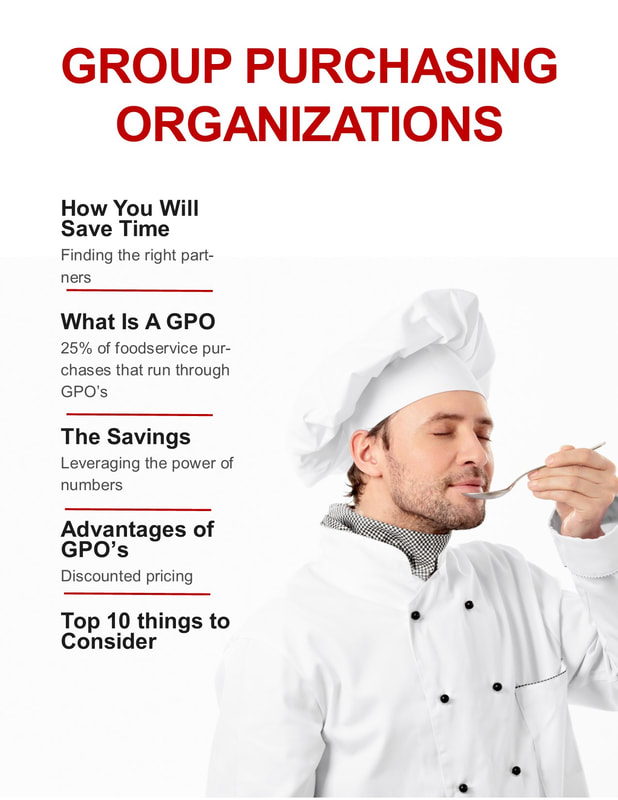
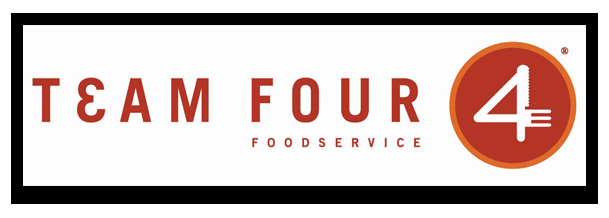
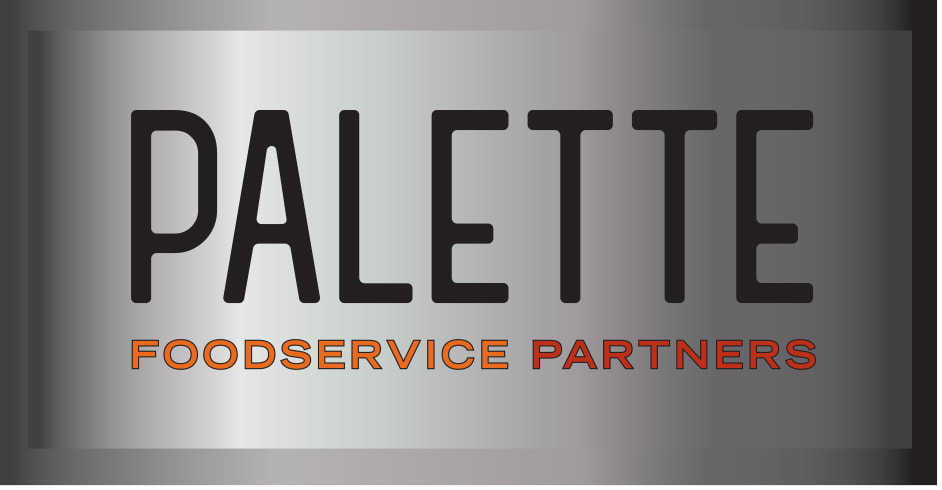
 RSS Feed
RSS Feed